The Structure and Development of Self-Consciousness. Interdisciplinary perspectives.
Self-consciousness is a topic of considerable importance to a variety of empirical and theoretical disciplines such as developmental and social psychology, cognitive neuroscience, psychiatry, and philosophy. This volume presents essays on self-consciousness by prominent psychologists, cognitive neurologists, and philosophers. Some of the topics included are the infants’ sense of self and others, theory of mind, phenomenology of embodiment, neural mechanisms of action attribution, and hermeneutics of the self. A number of these essays argue in turn that empirical findings in developmental psychology, phenomenological analyses of embodiment, or studies of pathological self-experiences point to the existence of a type of self-consciousness that does not require any explicit I —thought or self-observation, but is more adequately described as a pre-reflective, embodied form of self-familiarity. The different contributions in the volume amply demonstrate that self-consciousness is a complex multifaceted phenomenon that calls for an integration of different complementary interdisciplinary perspectives. (Series B)
{{comment.content}}

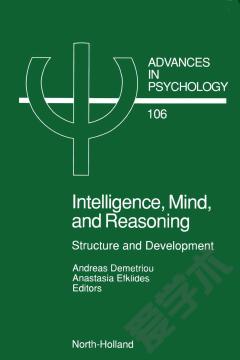
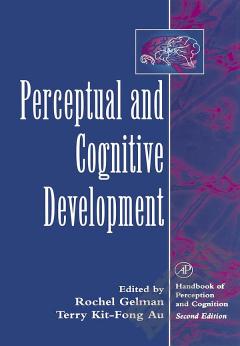

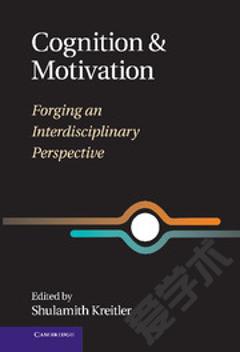
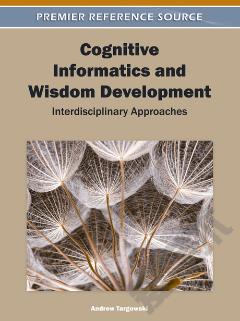
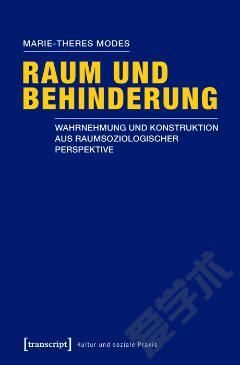

 京公网安备 11010802027623号
京公网安备 11010802027623号